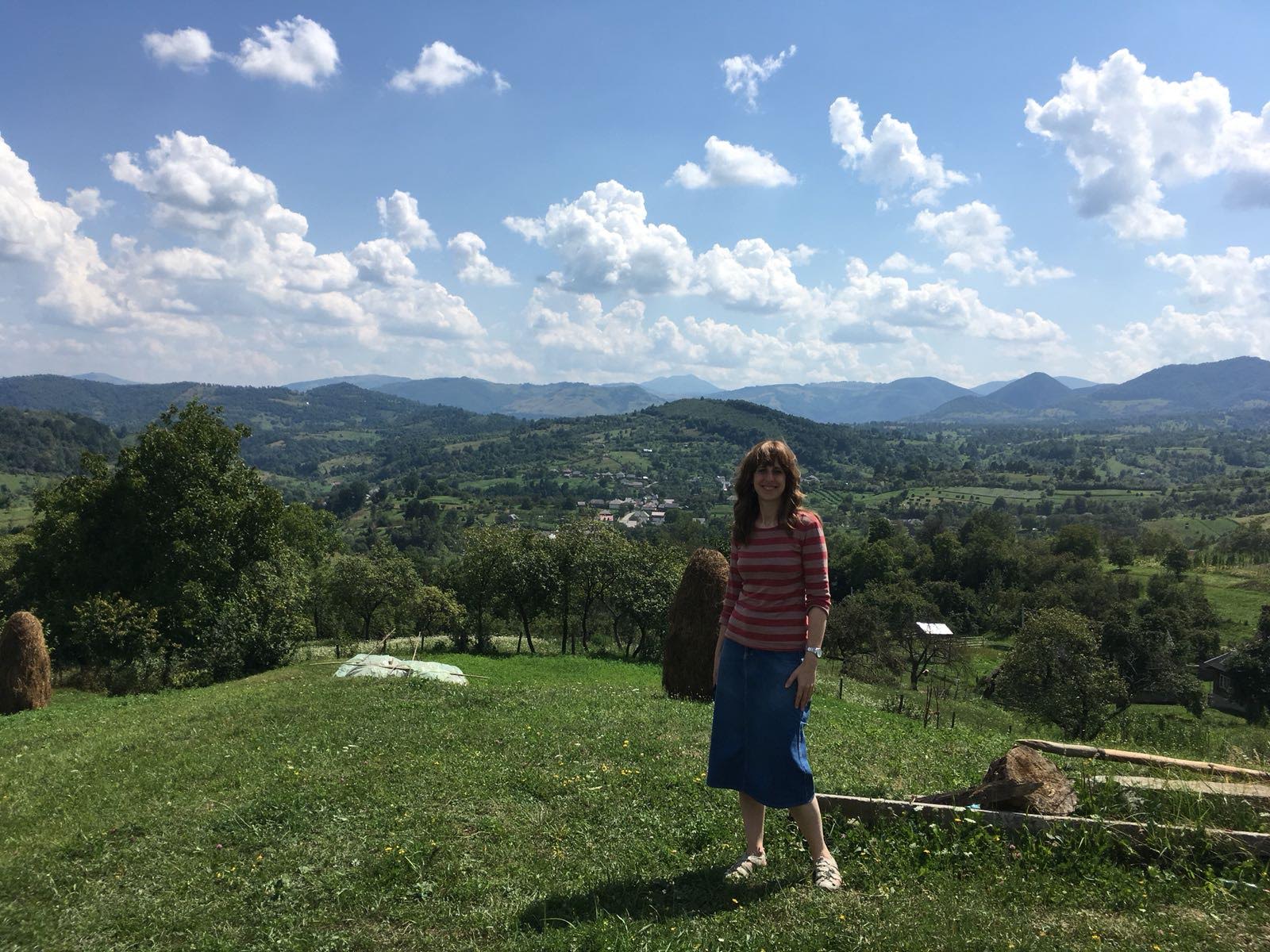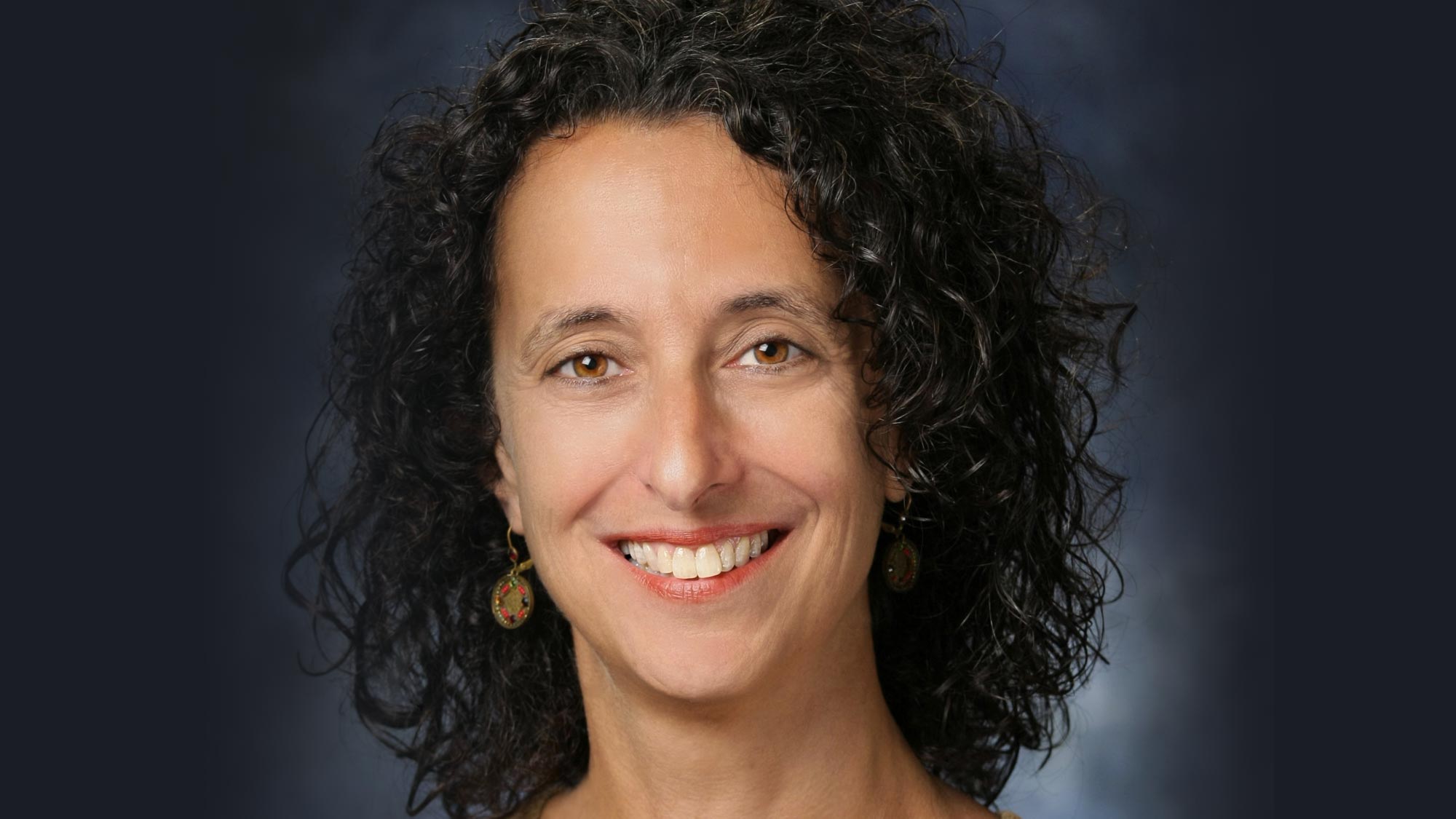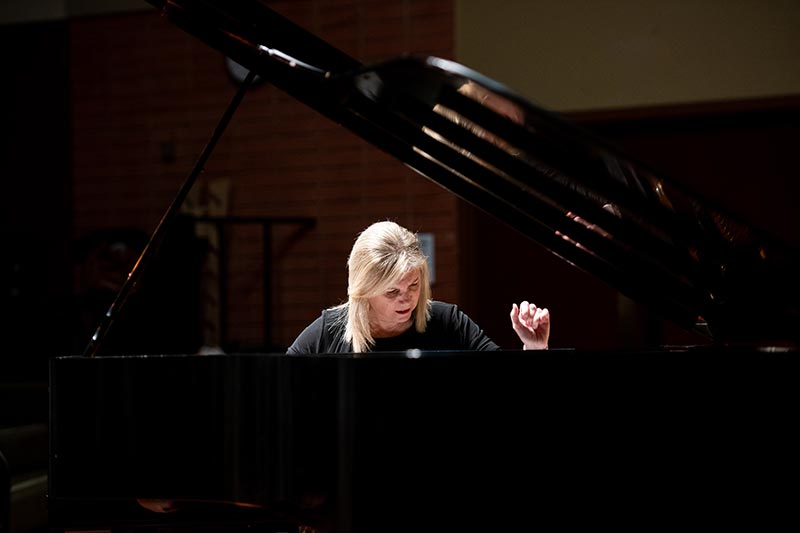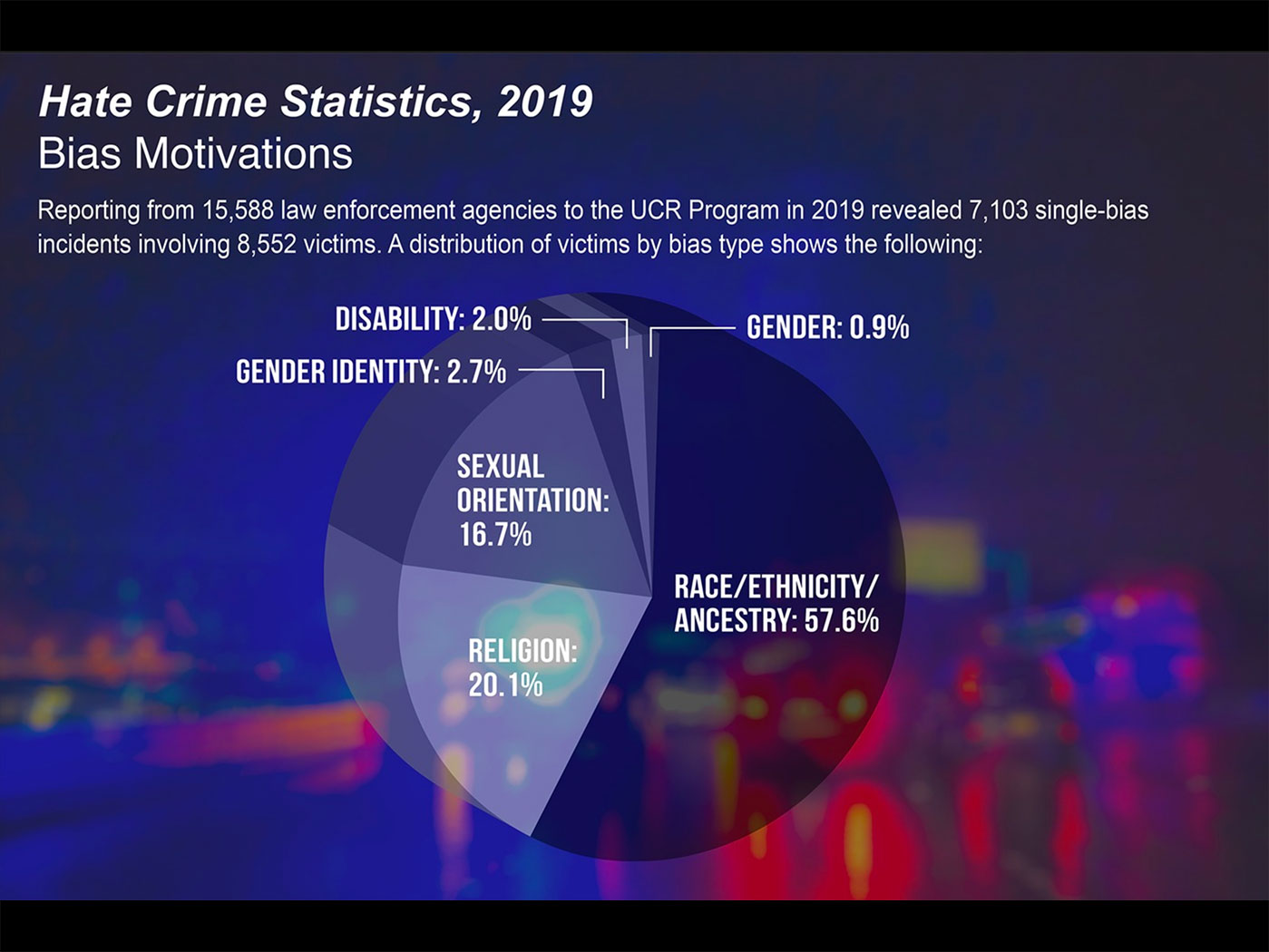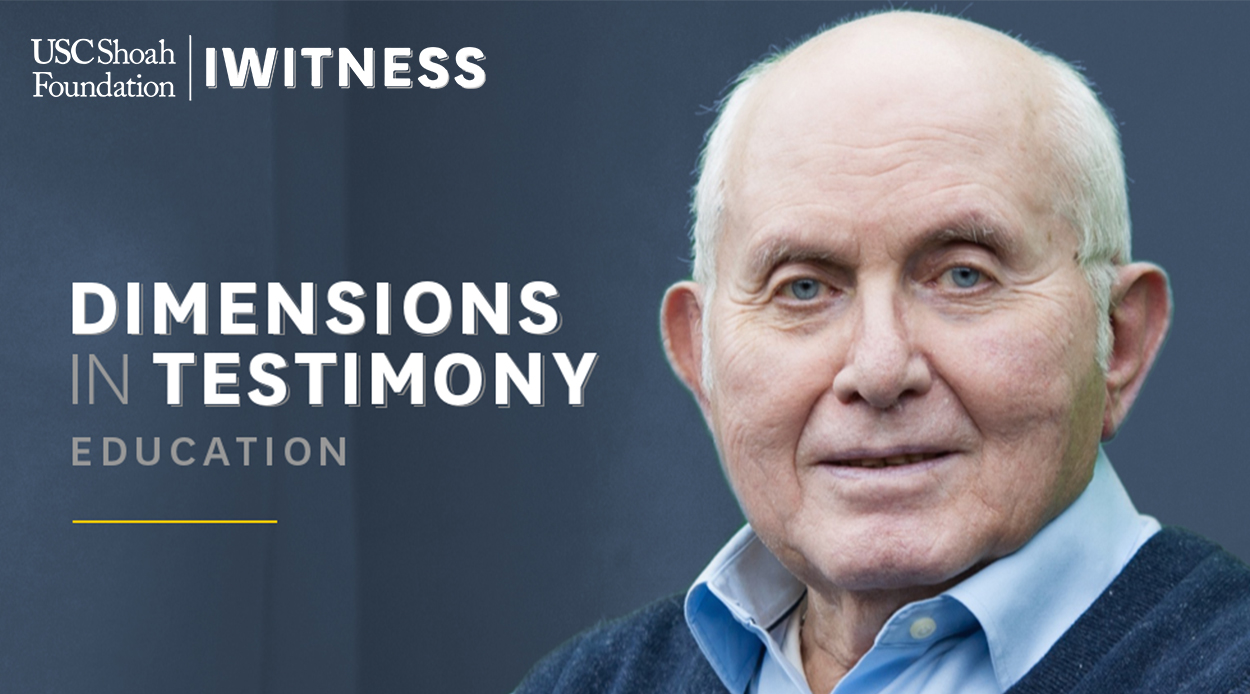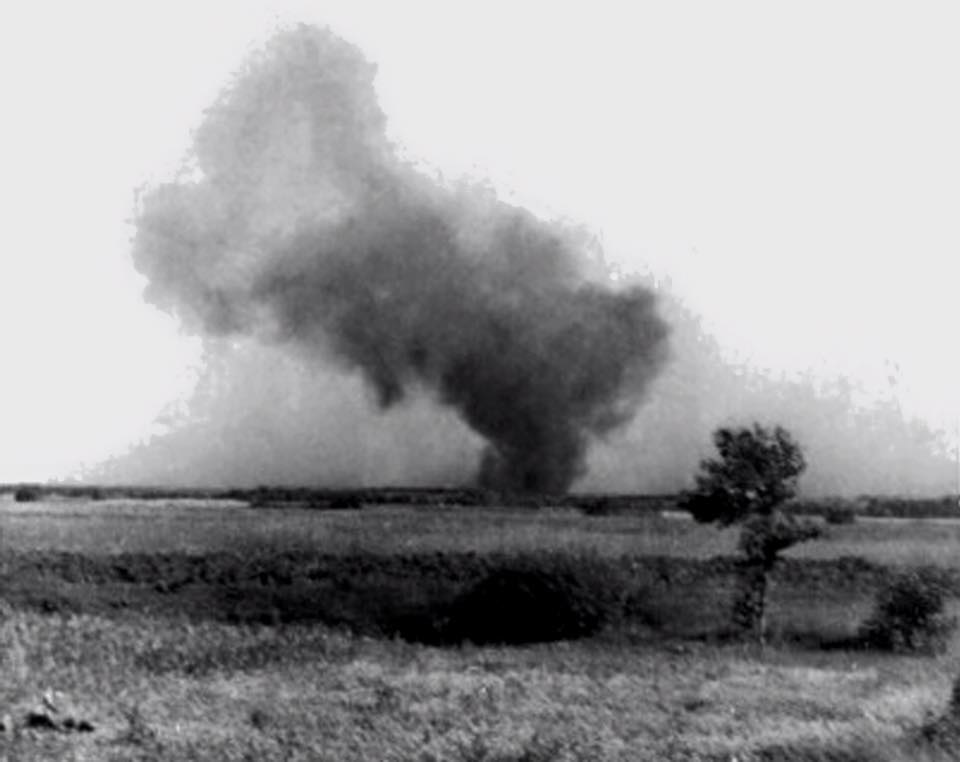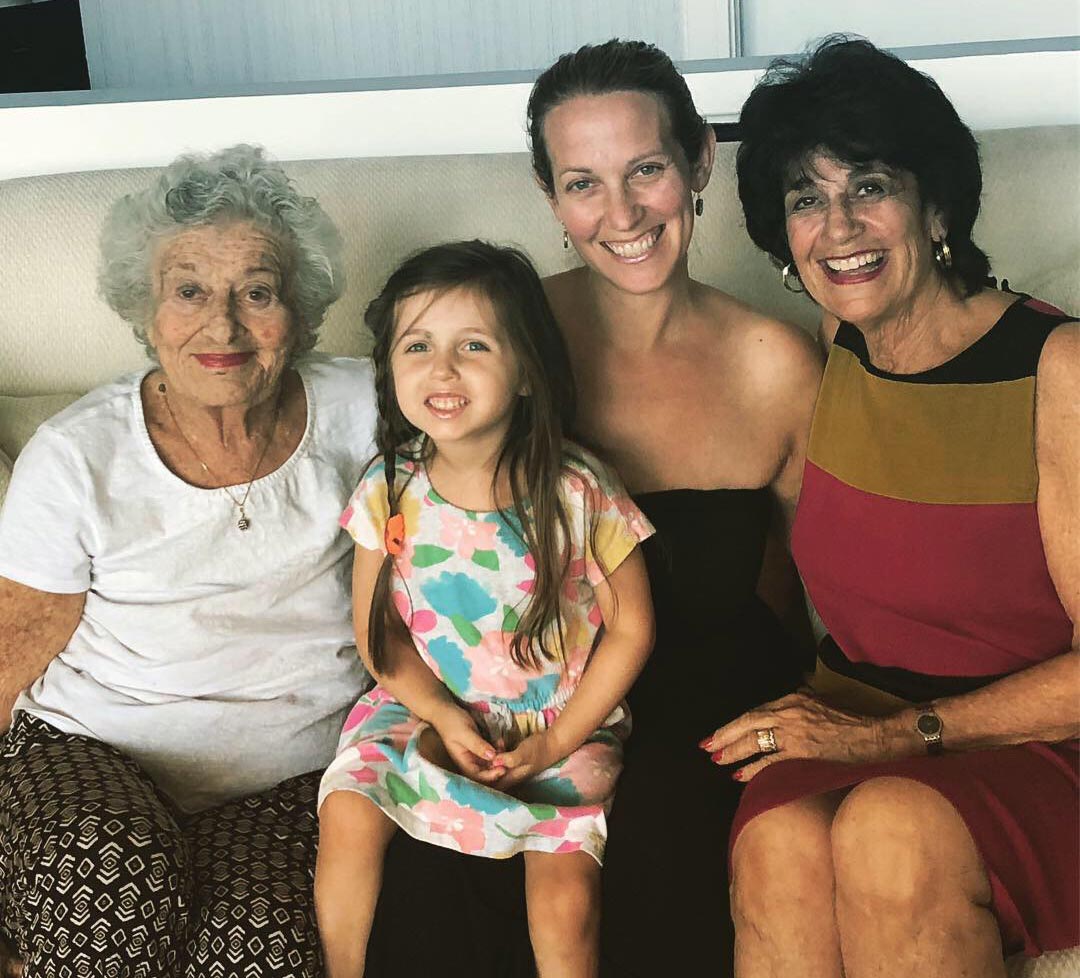I never intended to spend months listening to Holocaust testimonies.
My name is Chaya Nove, I am a sociolinguist working on a doctoral dissertation about language change in Yiddish vowels. In my research, I consider the Yiddish spoken by Hasidic Jews in New York today (Hasidic Yiddish, or HY) as a living, changing language, with the understanding that this language was once spoken by a group of people in another time and place.
We are very saddened to learn of the passing of our dear friend and valued colleague Dr. Sharon Gillerman on November 20, 2020, at the age of 60.
Sharon was a scholar in Jewish history on faculty at the Hebrew Union College-Jewish Institute of Religion (HUC) and at USC for more than 20 years. Her scholarship focused on modern German and central European Jewish history with a particular interest in gender history, cultural studies, popular culture, and transnational history.
During Florida’s Holocaust Education Week, 12,000 students and educators from school districts across the state experienced a livestreamed theatrical performance and concert with author and virtuoso concert pianist Mona Golabek.
A recording of the broadcast can be viewed on Facebook.
A new FBI report says hate crimes increased dramatically last year by the highest margin since 2008.
Antisemitic hate crimes rose by 14 percent with a total of 953 hate crimes recorded against Jews and Jewish institutions. Reported incidents of assault, vandalism and harassment included a white supremacist shooting at a Chabad center in Poway, California, a shooting in Jersey City, New Jersey, and a stabbing in Monsey, New York.
USC Shoah Foundation has launched a path-breaking online teaching tool to enable students and educators to ask questions that prompt real-time recorded responses from Holocaust survivor Pinchas Gutter.
The tool will be available at no cost through a new activity in the Institute’s flagship educational website, IWitness.
My recent stay at the USC Shoah Foundation Center for Advanced Genocide Research has been one of the most rewarding experiences of my academic career. From the remarkable power and content of the Visual History Archive, to the welcoming and helpful nature of the staff and donor community, I leave my term as the Breslauer, Rutman, and Anderson Research Fellow strengthened by new friendships and enriched by new findings for my work.
